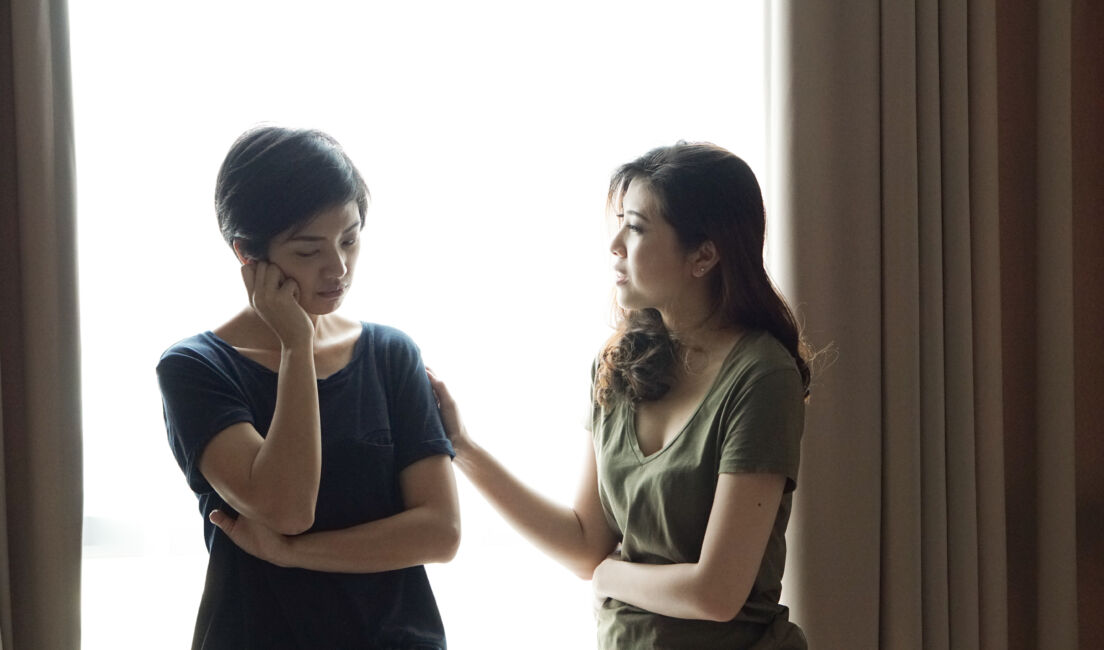We can’t fix all the world’s problems single-handedly, but we can contribute to a culture that cultivates compassion over grievance.
Making room for pain

The other day I was on the phone with a woman, discussing the challenges we face trying to overcome polarization and reconnect society and she used the phrase “communal trauma” to describe where the country is at right now. I hadn’t quite thought about it that way before, but I think she might be right.
500,000 people dead from COVID-19 and families left to grieve, parents stretched thin from a year of trying to manage work, home, and their kids’ education, injustice, economic distress: the list of pain and wrong that people have experienced in the last year is long.
We’ve got a lot of baggage to deal with from the last year (and longer) and many people feel that the world at large hasn’t understood their pain or offered much help. We’ve all heard the phrase “Hurt people hurt people.” How do we heal our “communal trauma” so that it doesn’t turn into a cycle of damage that continues to hack away at our social bonds?
Unresolved grievances do not go away on their own, and, if they aren’t addressed directly, they grow. And as the problems grow, so does the harm. We rightly or wrongly look for people to blame and hold responsible for what’s happened to us. The dissatisfaction compounds and we act out, sometimes even against people who had nothing to do with the harm.
When we are suffering, we don’t like to be reminded of the problems of others. Being asked to put aside our own troubles and even just listen to another person’s struggles feels unfair. How can we have the capacity to care, much less do anything to alleviate that pain? We begin to resent the individuals and causes who demand attention to fix their problems, believing it is at the expense of fixing ours.
We can’t fix all the world’s problems single-handedly, but we can contribute to a culture that cultivates compassion over grievance. Instead of reacting against pain we don’t identify with, we can listen a little more carefully to try and understand its origins. We can take a small step in the direction of helping others who are hurting heal and it may inspire them to stop and do the same for us.
Photo by glowonconcept on Adobe Stock